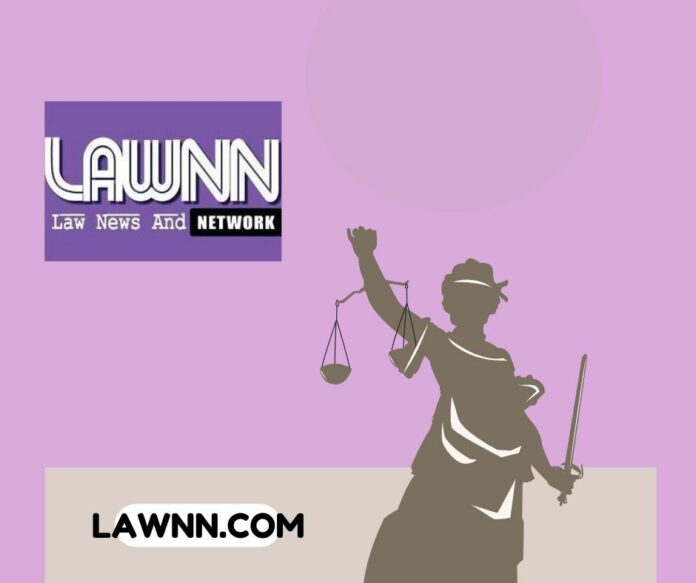In a provisional ruling, the Delhi High Court (HC) suspended the implementation of a directive issued by the State Government’s Directorate of Education (DoE) concerning school fees. The directive prohibited all the “unaided private schools” situated on government-allotted land from raising their fees without prior approval.
Essentials of the Order:
In its order dated 29th April, Justice C Hari Shankar’s one-judge bench sent notice to the Department of Education (DoE) about a suit filed by the “Action Committee Unaided Recognised Private Schools” that contested the March 27 circular and the DoE’s request for temporary relief.
It continued, saying that the implementation of the contested circular, dated 27th March 2024, issued by the Department of Education, would be suspended until the next hearing date. The next scheduled hearing is for 31st July.
Duties Assigned to DoE By the Court:
The DoE has been given four weeks to submit a reply to the petition. Following the HC’s 2019 order in a separate matter (Action Committee Unaided Recognised Private Schools v. DoE), the HC noted in its order that the “position which exists today” is that an unaided recognized private school is not required to seek prior approval from the DoE before raising its fees, regardless of whether the land clause applies to it.
As per the HC, it feels compelled to make a critical observation. One of the cornerstones of the rule of law is respect for court decisions. The HC further stated that although the 2019 decision has been cancelled by the DoE before the HC division Bench, “no interim stay” has been granted.
Commercialization of Education Vs. Making Profits
Furthermore, the principle that private unaided schools do not have to seek prior approval before raising their fees as long as they do not engage in profiteering or commercialization of education by charging capitation fees, as well as the proposition that there is a distinction between “commercialization of education” and making profits, have remained undistributed to this day.
Points mentioned by Justice Shankar in the Proposal:
- According to the circular, such schools are firmly instructed not to raise any fees until the DoE has given their proposal approval.
- After that, Justice Shankar stated that the DoE is mandated to respect it, for the duration of its validity, even though it is not satisfied by the decision.
- The heads of the private unaided schools were instructed in the circular to submit applications for prior approval to raise the fees for the academic year 2024-2025 to the DoE.
- Allotted pieces of land by land-owning agencies are made on the condition of seeking prior sanction from the DoE for increasing the fees.
- It also specifies that proposals must be submitted online by 1ST April via the DoE website, with the necessary documentation needing to be uploaded by 15th
- The proposal indicates that any incomplete submissions will be summarily rejected and that the Director, through authorized officers and teams, will examine these plans.
- It further specifies that a school will not be permitted to raise the fee under the guidelines of the 27th March circular if the institution makes no proposals.
- The Court emphasized that the DoE’s attitude of persistently sending out circulars threatening to take legal action against recognized unaided schools should they raise their fees without first getting DoE approval is unacceptable and cannot be tolerated.




